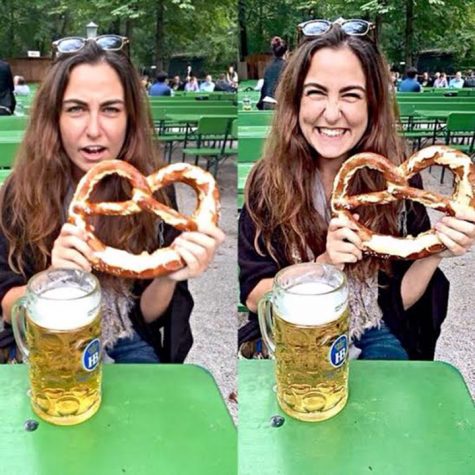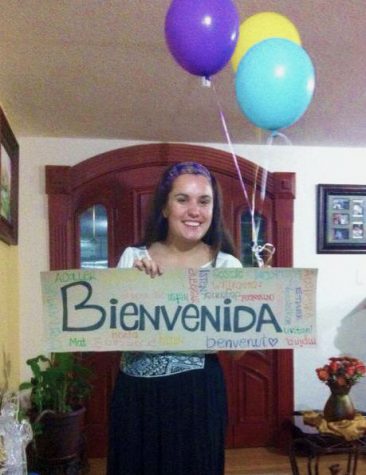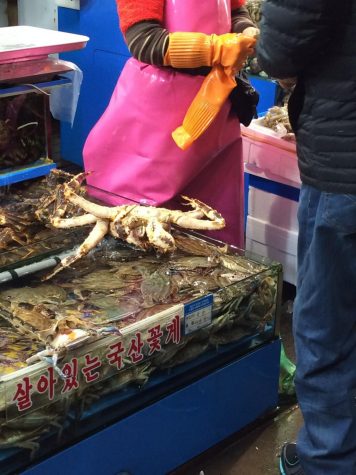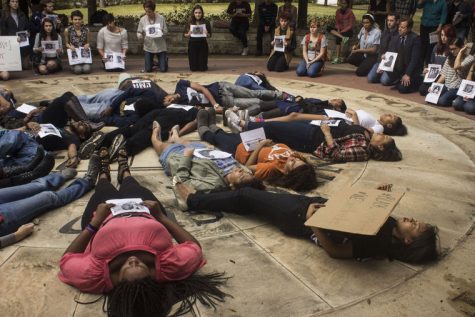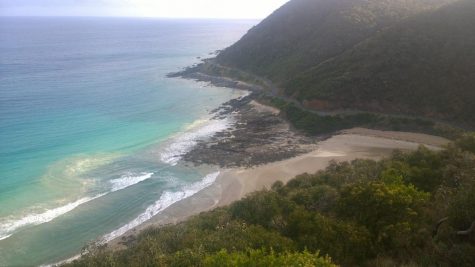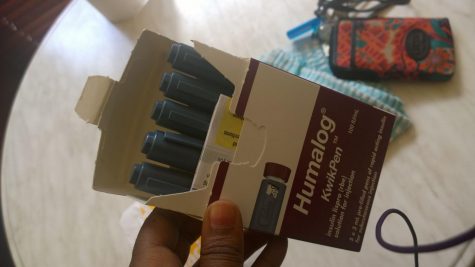DURBAN: Equality legislation and a homophobic population
South Africa has possibly the most progressive constitution in the world. The constitution of South Africa is the first in the world to prohibit unfair discrimination on the basis of sexual orientation. Additionally, same-sex marriage has been allowed in South Africa since 2005.
But, in many ways South Africa’s provisions for its LGBTI (lesbian, gay, bisexual, transgender/transsexual, intersex) citizens are light-years ahead of the mindset of the majority of South Africa’s population. A slight aside, LGBTI is the initialism used in South Africa rather than LGBTQ (lesbian, gay, bisexual, transgender/transsexual, questioning/queer), the initialism used commonly in the U.S.
Homophobia is rampant in townships and upper-class suburbs. Hate crimes, such as “corrective rape” (when a lesbian is raped to “correct” her sexuality), are not unusual. Many people claim that being gay is simply not “African” but rather an imported western concept.
An understanding of the term “bisexual” isn’t common, and often gay men are perceived as wanting to be women. Another misconception associated with homosexuals is the belief that homosexuals are hermaphroditic.
President Jacob Zuma has recently avoided less inflammatory speech on homosexuality, but in a 2006 interview Zuma was quoted as describing homosexuality “as a disgrace to the nation and god.” Homophobia isn’t confined to black South Africans. Recently, I watched a play called “Buckled” (buckled is a term for marriage in Indian slang), and one of the running jokes involved a gay American man who in large part embodied the gay man stereotype.
Here I am, someone who was raised in part by my bisexual mother who’s been with a female partner for nearly 16 years. I was born and raised in Texas, but I have been exposed to many liberally-minded people who are pro-gay rights. Going to school in Austin has further broadened the amount of equality supporters in my life.
I’ve seen my share of anti-gay sentiments, and in many ways the homophobic attitude I’ve been greeted with in South Africa hasn’t surprised me. My homestay family doesn’t know about my mom. I haven’t discussed the topic of homosexuality with my homestay family at all because I am afraid. I love my homestay family dearly, and I don’t want their opinion on homosexuality to negatively impact my view of them.
In many ways the homophobic attitude of many South Africans blossoms from their religious affiliation. Before evangelical missionaries came to Africa and consequentially South Africa some tribes were accepting of homosexual relationships.
I believe that one day South Africans will learn to be accepting of all sexualities, but the first step is education. Many Non-Governmental Organizations (NGOs) are working to educate teachers about LGBTI people so that teachers can in turn teach their students and foster safe environments for LGBTI students.
If these NGOs succeed in their mission it will be the responsibility of the coming generations to spread knowledge, tolerance, and eventually societal change.


